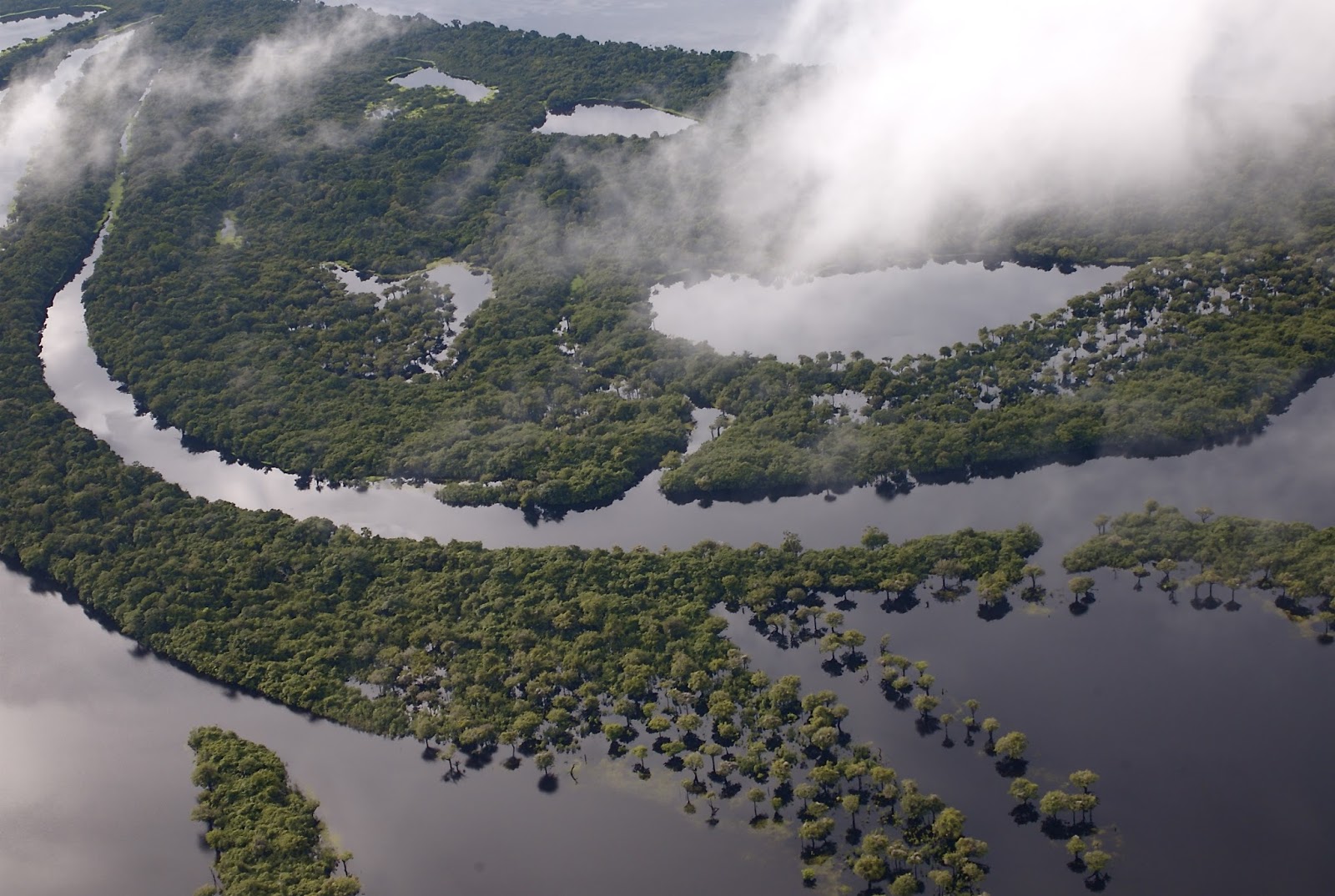
The Portuguese language is a very important part of culture in Brazil since it sets the country apart from its many Spanish speaking neighbors throughout the rest of South America and Latin America. There are also 180 recognized indigenous languages spoken throughout the country. There is also a strong deaf community in Brazil that uses Brazilian Sign Language, or LIBRAS, to communicate. Brazil has some of the strongest laws for the protection of Deaf rights in the world including inclusion of deaf people through interpreters into all levels of government and social infrastructure, especially education.
There is incredible biodiversity in Brazil thanks to the Amazon Rain Forest’s habitat and natural surroundings. The Amazon is home to many endangered and rare species that cannot be found anywhere else on Earth. This applies to both plant and animal life. Contributions to world heritage from the Amazon region of Brazil include the development of many important medicines from natural plant sources that can solely be found in this rain forest. International groups, including the United Nations, have made a massive effort in recent years to prevent the destruction of plant and animal life as well as important habitats throughout the Amazon. In addition to being a part of world heritage, this region contributes extensively to the modern economy of Brazil because of its agricultural potential.

No comments:
Post a Comment